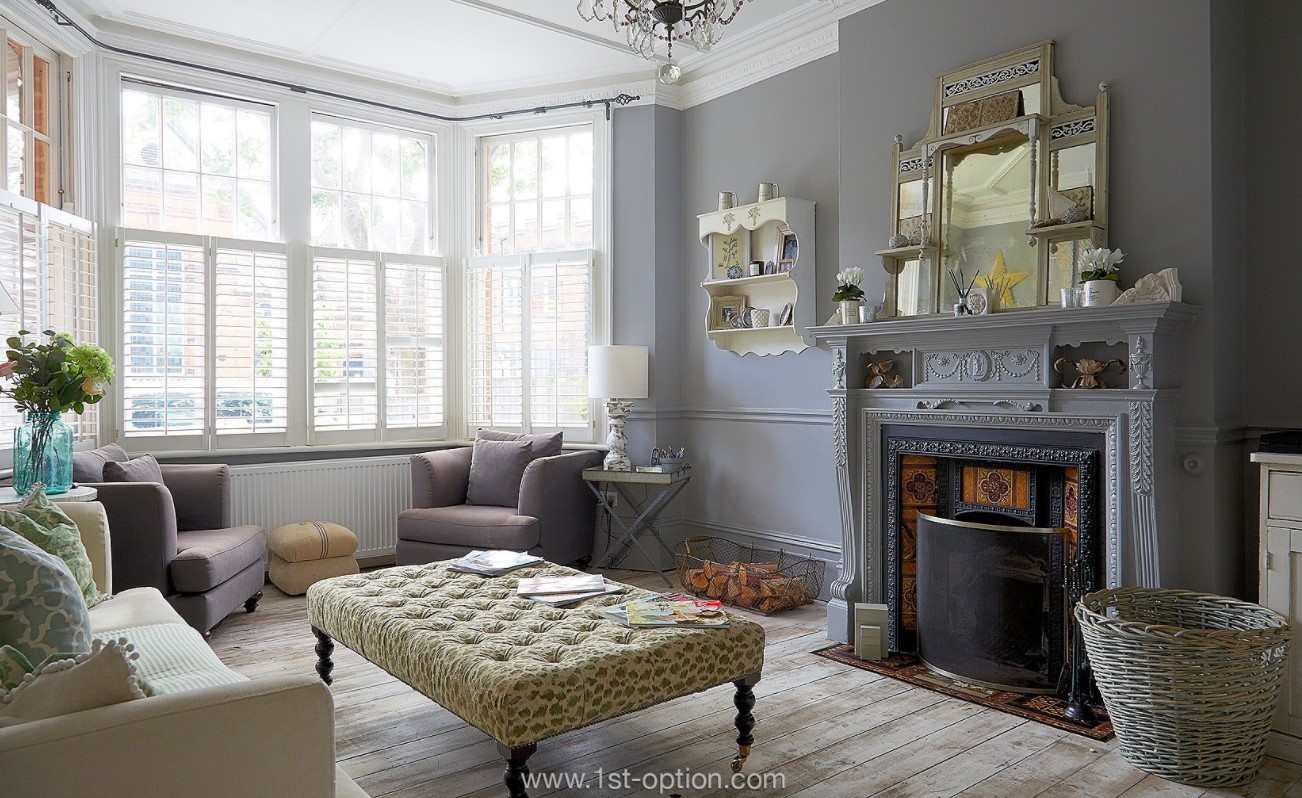Decorating a property to the specific needs of your shoot can help transform it into something eye-catching, spectacular and completely unforgettable. What’s more, if you are trying to showcase a product, having the ability to decorate your set as you wish can be invaluable and make all the difference. Many location owners allow painting and decorating, especially if their properties are versatile enough to allow crews to dress up and style as they please, in the knowledge that it shouldn’t be difficult to return the space back to its original finish. To achieve this however, there are some rules that must be adhered to before jumping in hammer and tongs! If you’re interested in some do’s and don’ts we have our short video explaining some of our most asked questions here, however, read on for a more in-depth analysis.
Always hire a professional
This is the most important factor when it comes to decorating as this essentially impacts the location owner as well as the client. If you are paying top dollar to decorate the space, you’ll want to make sure that the standard of work is immaculate. This is your shoot after all and you probably wouldn’t have sub-par work done anywhere else. Just because you may have painted your child’s bedroom five years ago, doesn’t necessarily mean you’ll be able to do it on a set. Furthermore, at the end of the day, it is your responsibility to make sure that everything is exactly as found when you leave, so rather than having to pay extras to fix a shoddy job, it’s best to make sure it’s done perfectly to start with.
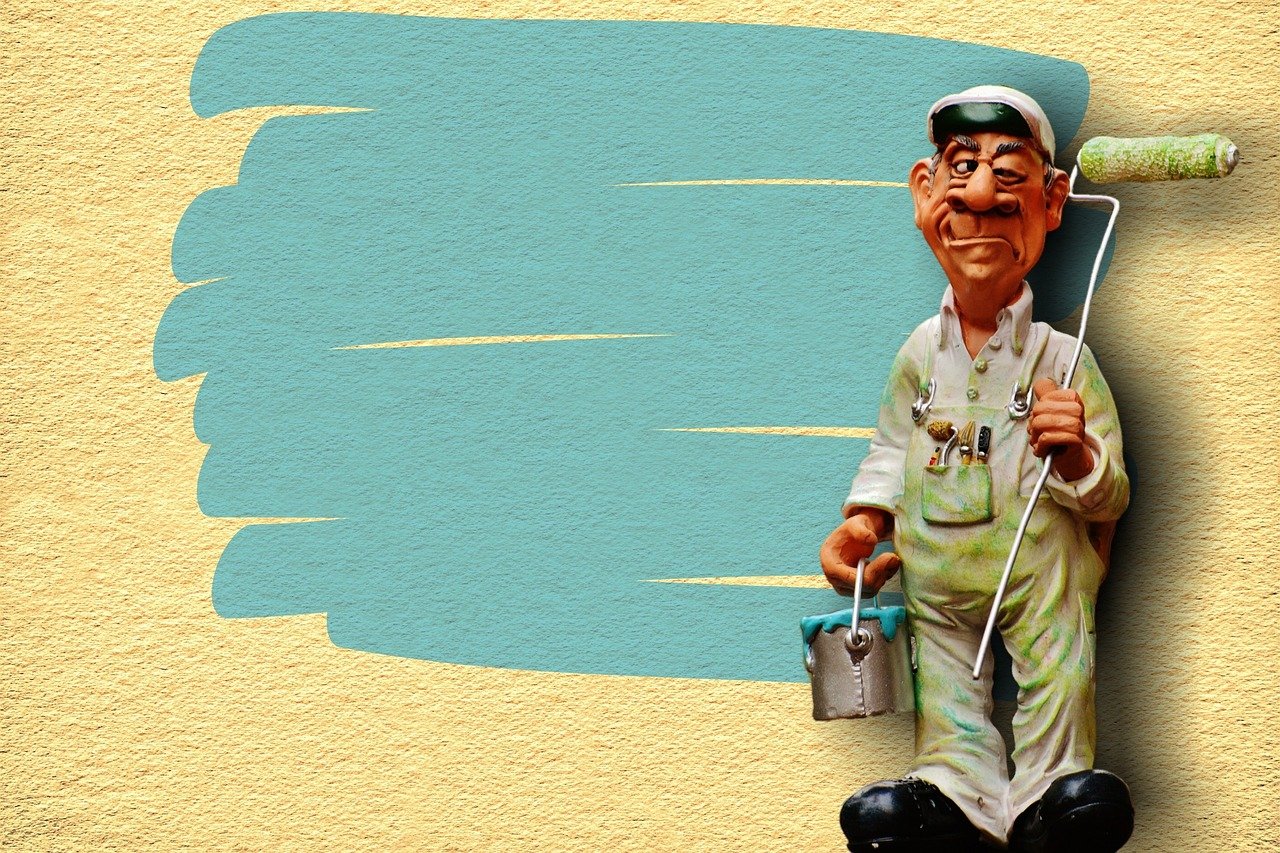
Always check the finish
If you are granted the responsibility of painting someone’s walls within their home, it is essential that you ensure that a smooth finish is left on completion. Don’t just trust your eyes, make sure it’s smooth to touch. As mentioned above, you don’t want to be called back to finish the job and incur an extra fee, especially as this may be a flag against you being able to decorate locations in the future. Moreover, this also relates back to our first point, a professional painter will always make sure these simple mistakes don’t happen. They will know the difference between various paint finishes and how this can affect the wall underneath.

If you are painting a wall a dark colour then make sure a base coat is applied to bring the original colour back
This is fairly self-explanatory, however, yes, if you do apply a dark colour to a wall that previously had something lighter, the only way to bring back that lighter colour is to prime it with a base colour beforehand, which is something that would be second nature to a professional.
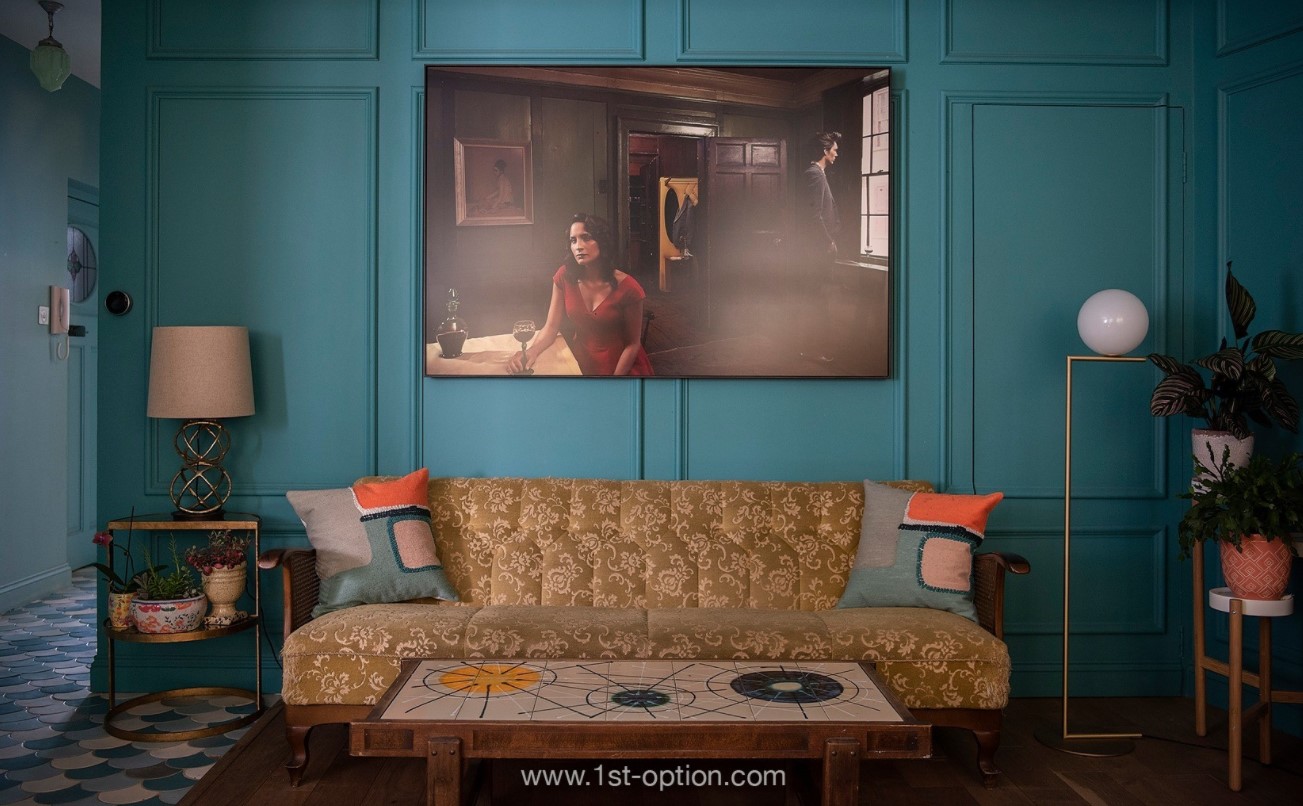
Allow enough time for the coats to dry properly
A lot of these points may revolve around topics that you’d think are quite self-explanatory however, in the middle of stressful shoot, while you have a million other things going on, the ‘simple’ things are going to be, and often have been in the past, the things that are missed or not done to a high enough standard.
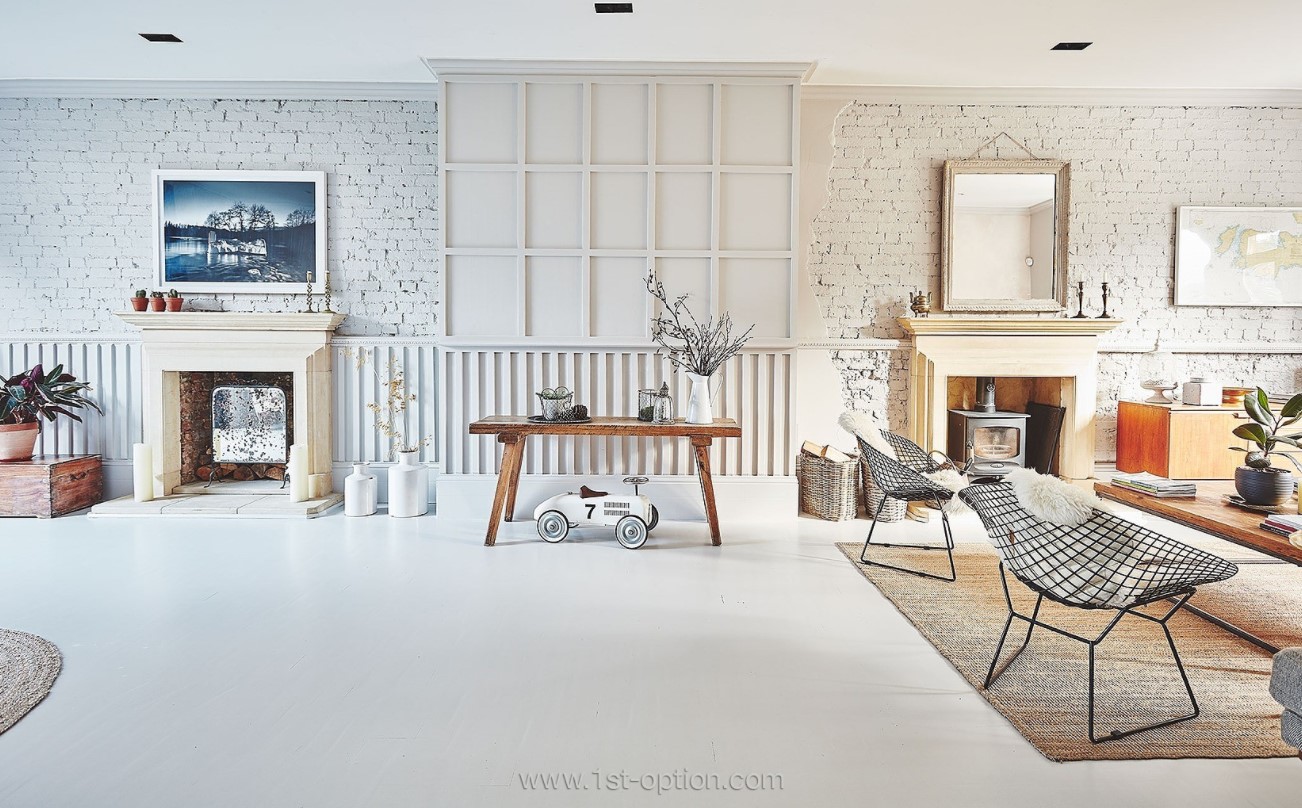
Protect the floor from paint splatters
You may find that the original colour of the wall is simple and plain to allow you scope to decorate as you see fit, however, the majority of our locations have very expensive flooring and if you were to start work without taking protective measures, it will be you as the client that may have to compensate for damaging the floor. Always think about potential consequences before you do anything!
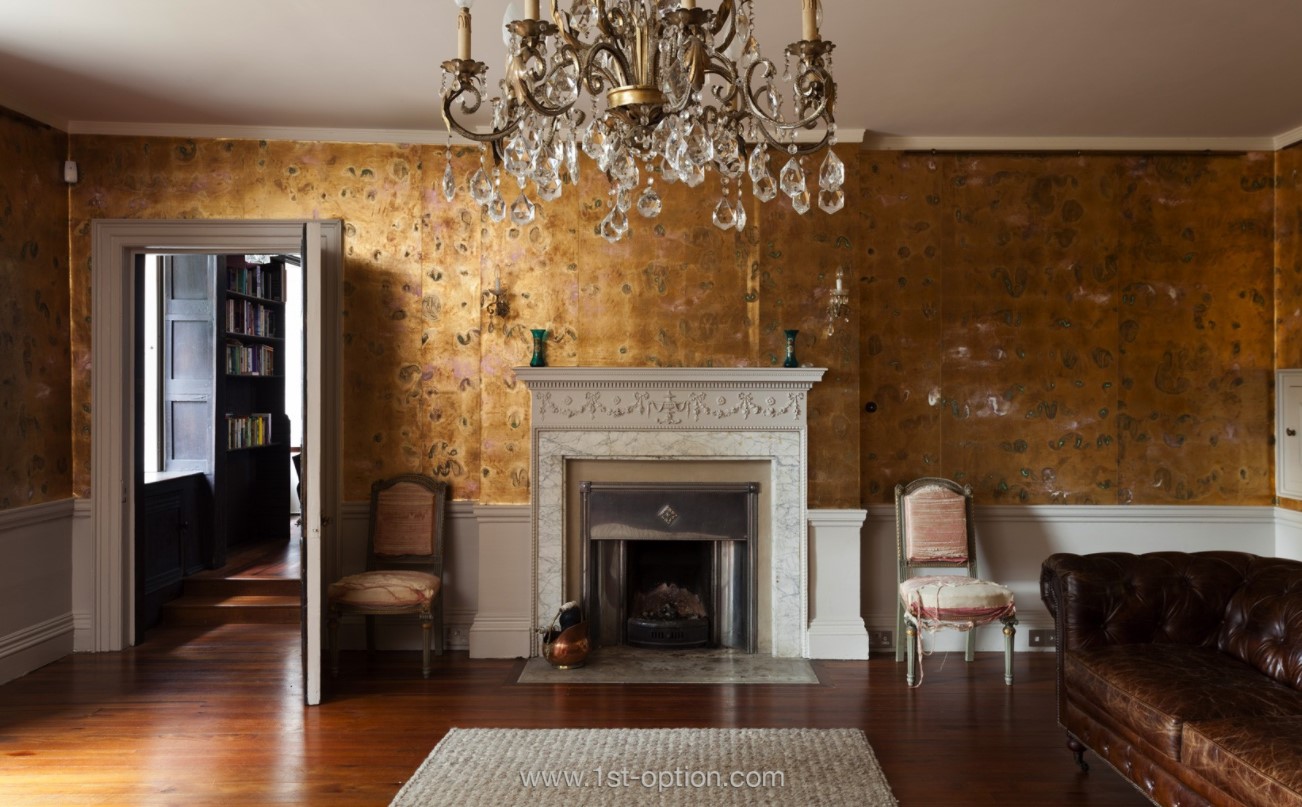
Make sure to use non-toxic paint
This, again, is why we keep stressing the value of hiring a professional. Not everyone is versed in the elements that make up paint, after all why would you naturally think to check what toxins are in it? You probably wouldn’t. However, knowing what’s in your paint is vital and picking a toxic paint could easily result in health issues. Many paint manufacturers don’t overtly disclose the chemical makeup of their paint, so having an in-depth knowledge of what you’re doing is crucial. Toxic paints can cause unpleasant symptoms such as dizziness, nausea, fatigue, asthma and even allergic reactions. If you are really unlucky however, you could end up with some severe long-term damage such as recurring headaches, nerve damage and problems with eyesight. If you knew exactly what toxins were in the paint you probably wouldn’t paint your house with them, so best not to do it to someone else’s house.
Over the years we’ve helped many, many clients with their requests to decorate on set and the vast majority of these jobs go very smoothly, however, to head off any potential problems before they may arise, always, always, always ask either us or the location owner before you do anything
Check the requirements of your shoot are acceptable before starting, for example, just because you can paint a wall doesn’t mean you can drill a hole in it!
